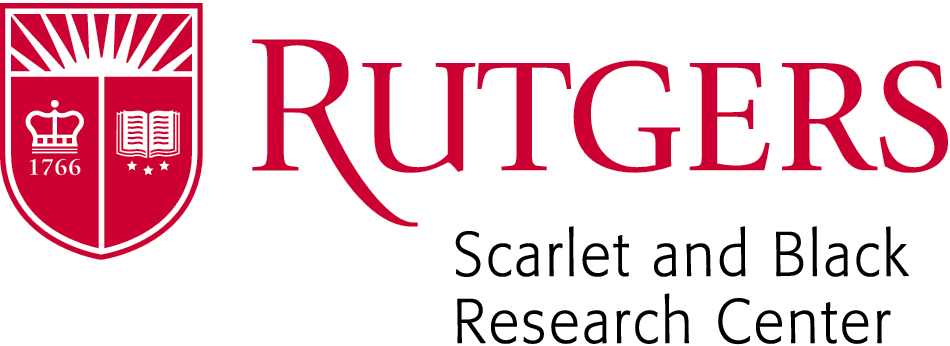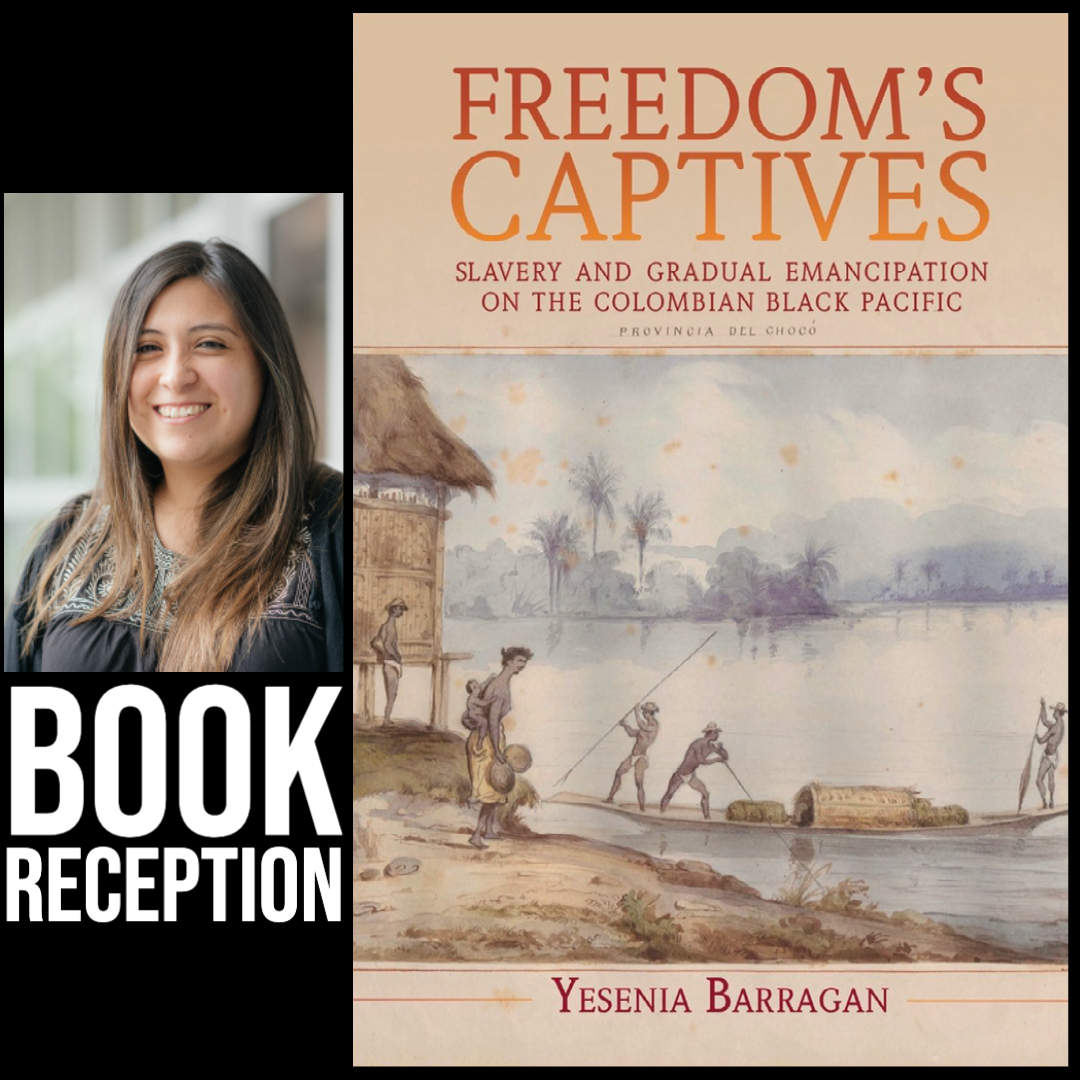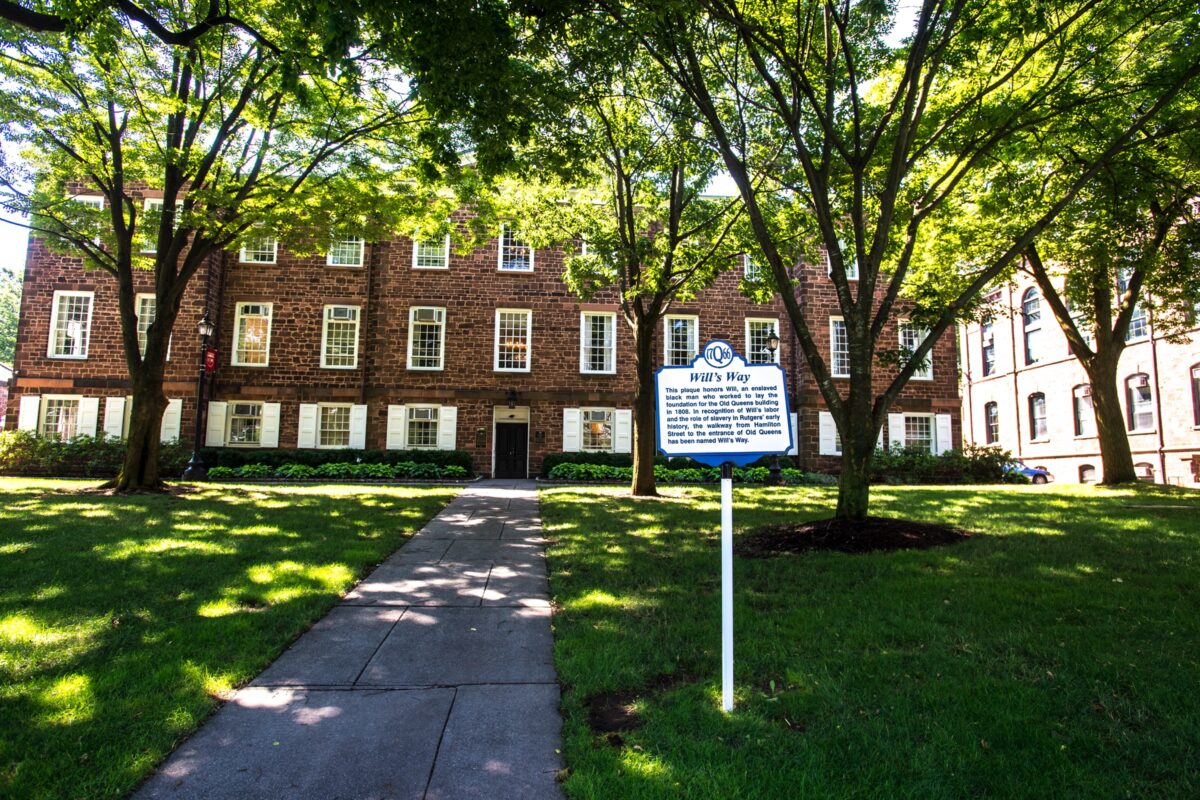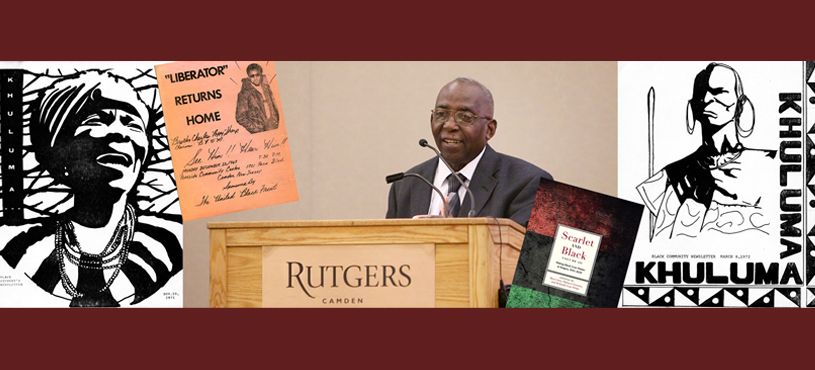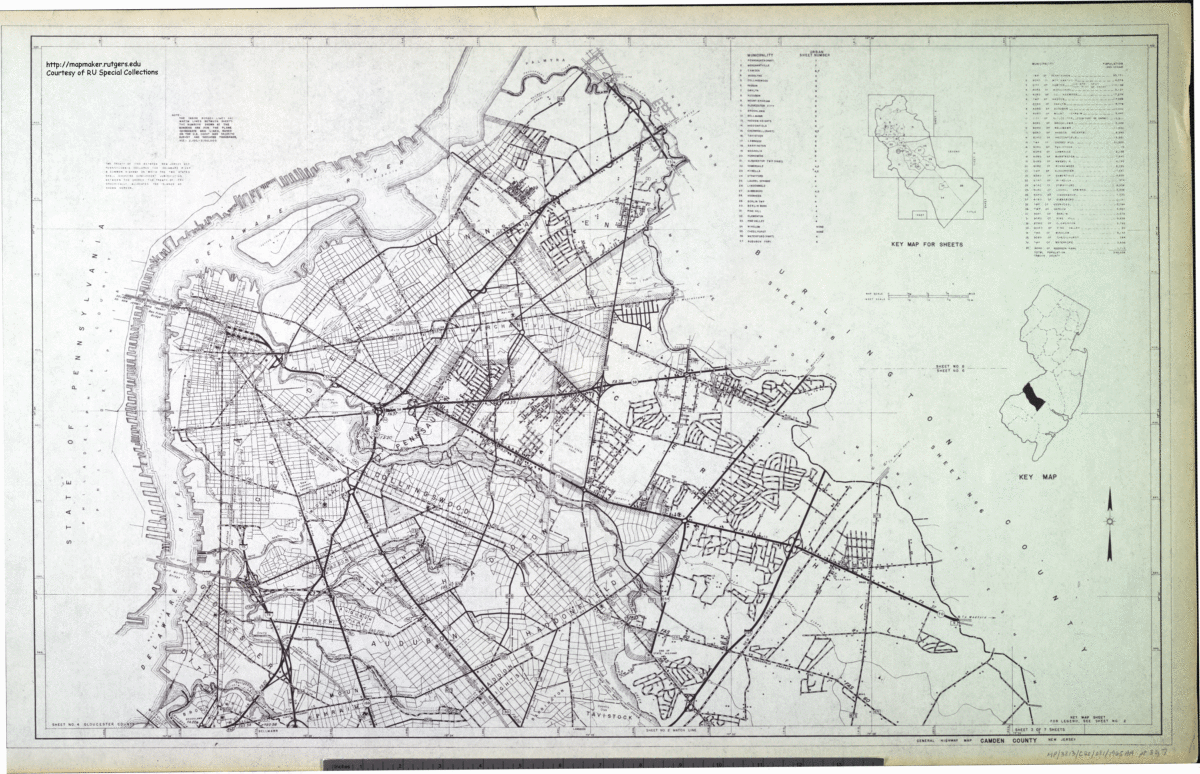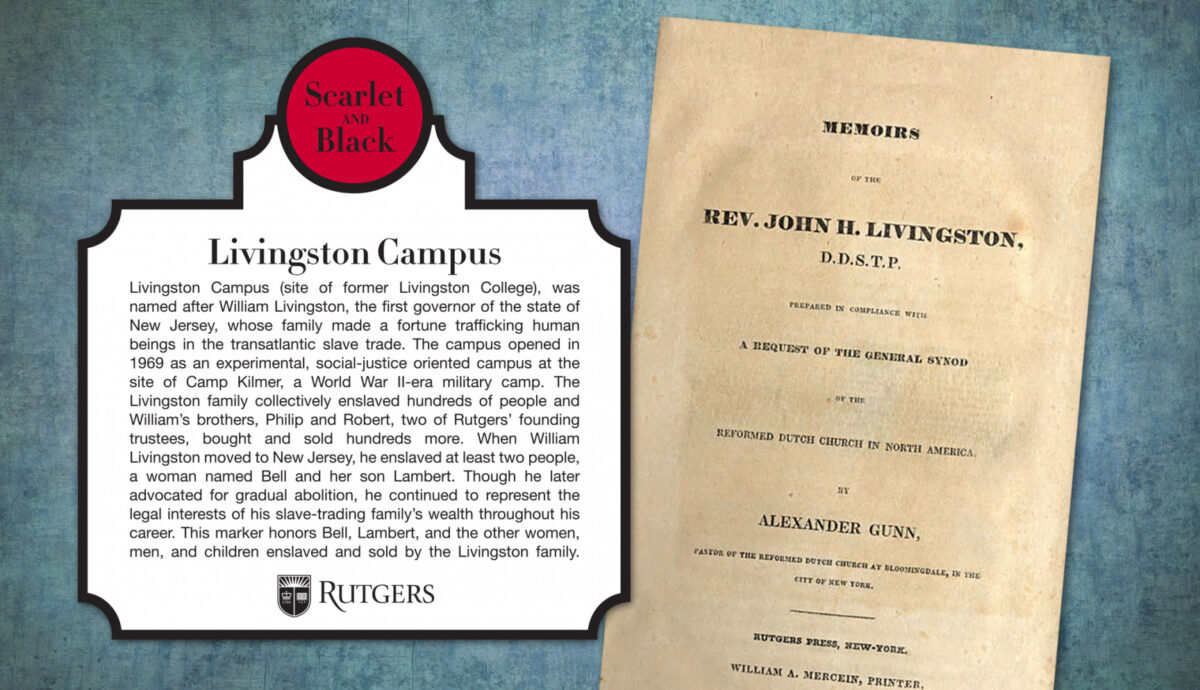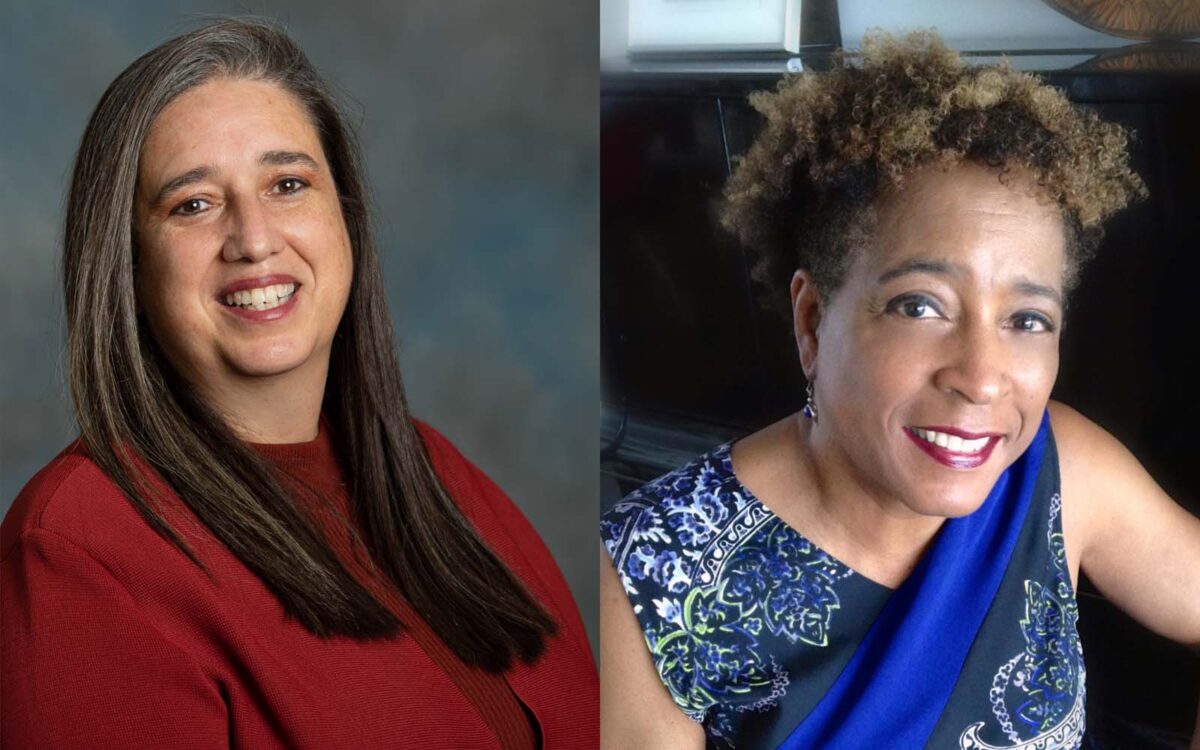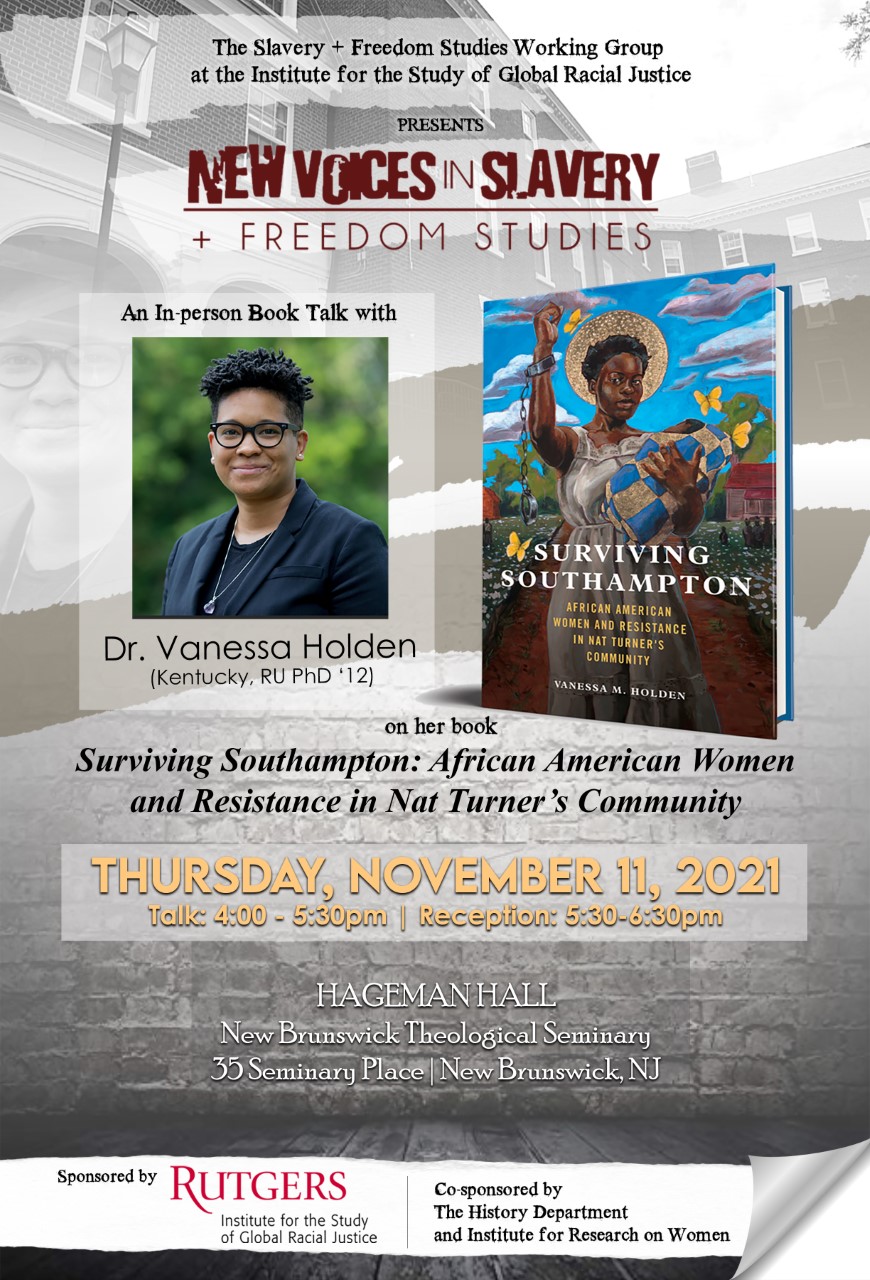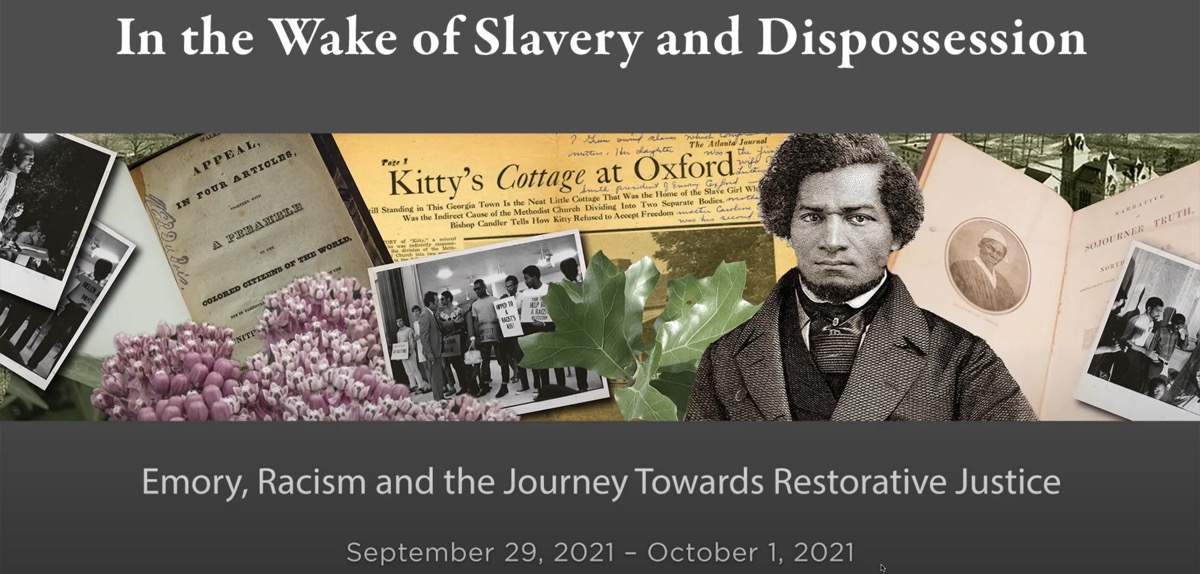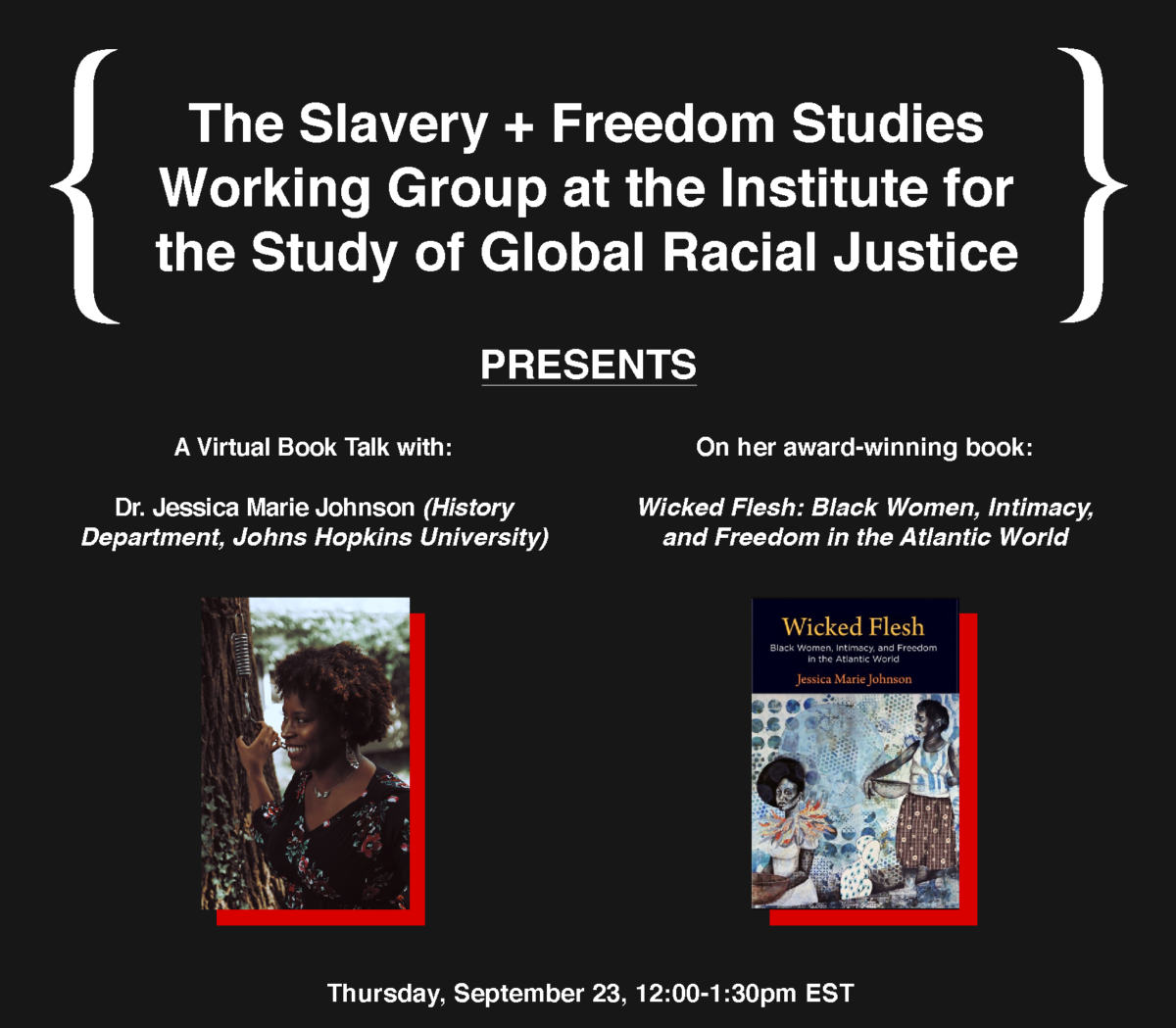A new oral history project by professor Kendra Boyd and digital archivist Jesse Bayker is gathering stories of Black student activism at Rutgers University–Camden.
This article by Jared Brey was featured in Rutgers Alumni News on January 10, 2022.
In 1969, a group of Black student activists at Rutgers–Camden occupied the campus student center with a list of two dozen demands for the administration, including removing racist faculty members, hiring additional Black faculty and staff, and establishing a Black studies department. The protest made headlines, and the events and their aftermath seemed to have been documented for posterity. But when one of the student participants, Roy L. Jones CCAS’70, sat down for a recent interview with the Black Camden Oral History Project, he shared a degree of detail about tactical deliberations between the student protesters that wasn’t reflected in the record.
“He was able to tell us the conversations that students were having before they took dramatic action, before they staged a protest,” says Jesse Bayker, digital archivist at the Institute for the Study of Global Racial Justice and co-creator of the project. “Getting insight into those kinds of conversations and seeing some of the disagreements and how they shaped the course of activism at Rutgers–Camden was enlightening.”
The Black Camden Oral History Project grew out of the Scarlet and Black Project, an ongoing re-examination of the legacy of slavery and dispossession at Rutgers University and in New Jersey. Bayker GSNB’19 and assistant professor of history Kendra Boyd GSNB’17 spearheaded the oral history project and teamed up with the Rutgers Oral History Archives to collect the stories of Black alumni, faculty, staff, and community members via interviews to develop an accurate, more granular picture of Black life at the university and in surrounding communities. Both projects, Bayker says, are part of a larger reckoning in American universities about the history of race and institutional racism.
The power of perspective
Boyd and Bayker are still interviewing people who (like Jones) were involved in the Black student protest movements at Rutgers–Camden, as well as alumni and community members who participated in or lived through the Black Power and civil rights eras in Camden. They’re also looking for interviewees with experiences in Black business, entrepreneurship, and social and cultural life.
First-person interviews, Boyd says, are uniquely capable of complementing other archival materials. “Oral history is important because you get to hear the words of people who lived through an experience from their own perspective,” she says. “It’s one thing to look at a historical document—a newspaper clipping, for instance. You’re going to get a general understanding of what events took place, but you’re getting an interpretation of the journalist. When you do an oral history interview, not only do you get a participant’s perspective on or memory of an event, but you can also learn more about their entire life.”
The new interviews will be cataloged over the next several years and made available to students and researchers working on their own historical projects. Already, Boyd says, the interviews resonate in her own research and teaching.
“I teach African American history, and students are hungry for and respond to this history—particularly if they hear it from people who were present, people that they can relate to,” Boyd says. “I’m hoping students will see some of the key historical themes in African American history at play right here in Camden, and that will help them to understand history better and to contextualize the continued struggle for Black freedom.”
Have a story to share?
Boyd and Bayker are casting a wide net for interviewees and soliciting suggestions for people to interview for the project. Participants will receive a written transcript of their interview as a keepsake that they can use to preserve their own family history. Interested parties can contact the researchers through the website.
“I just want people to know that their stories are valuable,” Bayker says. “Even if they’ve never thought that their story should be archived or that their story is a part of history, we want our African American alumni to understand they are a very important part of Rutgers history. We need to preserve their stories, and we need their help to ensure that their stories are recorded and remembered properly.”
Also in the works…
In addition to conducting interviews, Bayker has created a research tool called Black Voices at Rutgers to help students and community members discover African American oral history interviews housed at various repositories across Rutgers. Existing interviews have provided helpful research for the three-volume series of Scarlet and Black books edited by Marisa J. Fuentes and Deborah Gray White. Bayker and Boyd have each contributed chapters to the books, and Boyd also served as a co-editor of the second volume. The third volume in the series—Making Black Lives Matter at Rutgers, 1945–2020—was published earlier in 2021 by Rutgers University Press. The books can be ordered at Scarlet and Black: Books.
